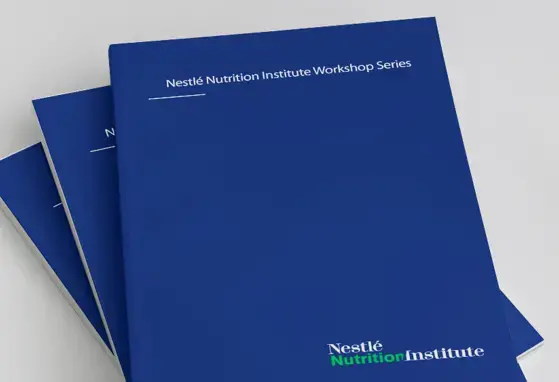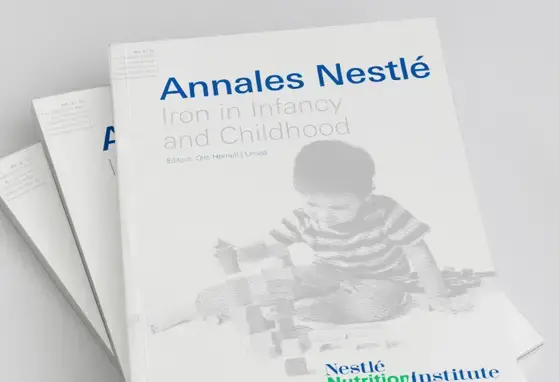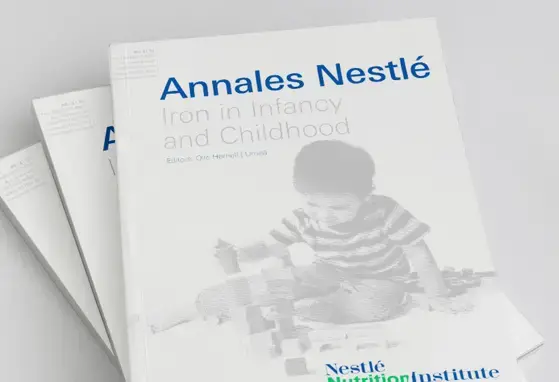Nutrition Publications
Here you will find freely downloadable publications on the latest nutrition topics, such as early infant nutrition, nutritional avenues to allergies, sports nutrition, and nutrition in disease states such as dysphagia or critical illness. All 3000 papers are organized across categories to make it easier for you to find specific information. If you are missing a reference you can also use our search function.
Sponsorship Disclosure: Many of the publications, programs, conferences, educational resources and other content available on this website have been funded and/or prepared by the Nestle Nutrition Institute or its Nestle affiliates.
Latest Publications








